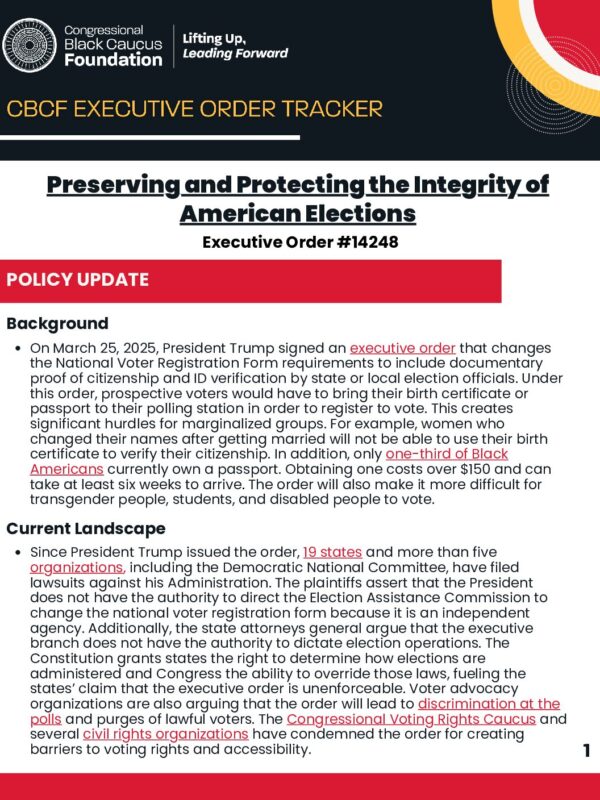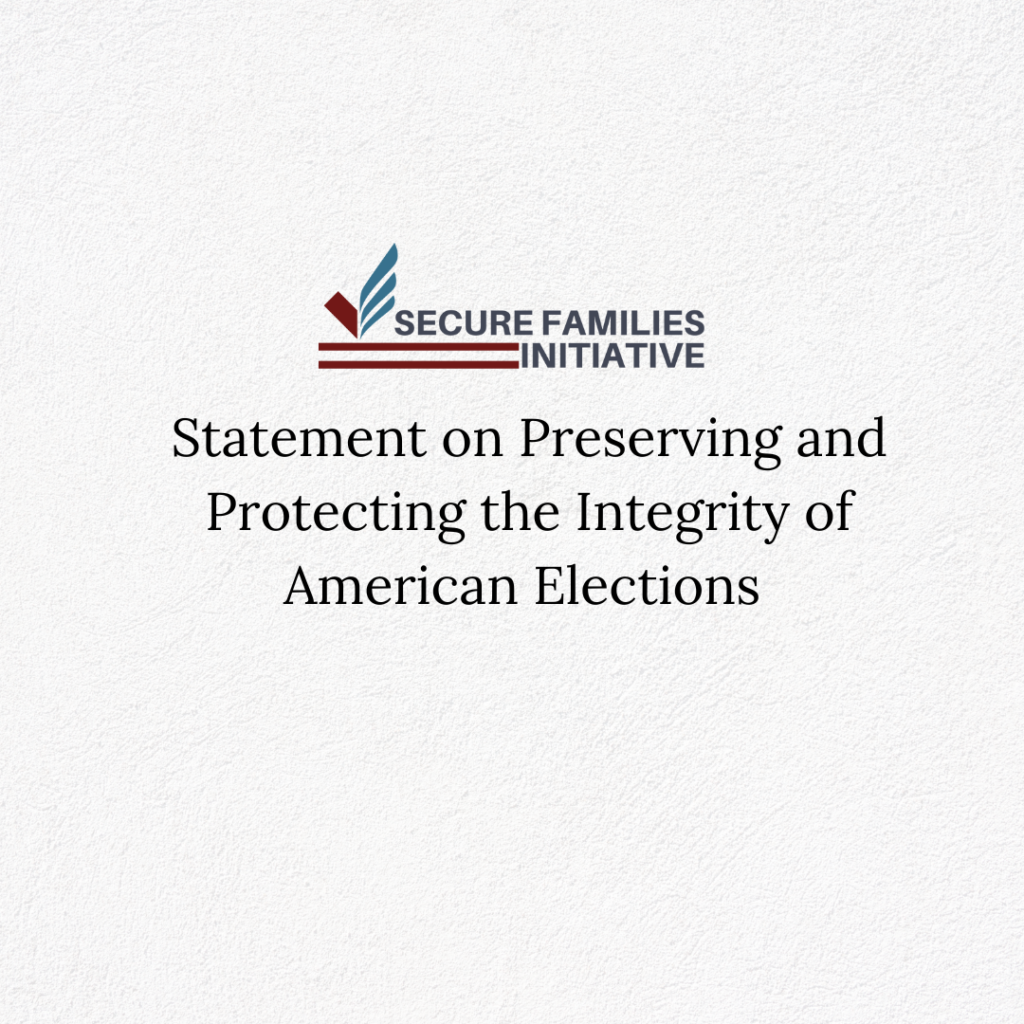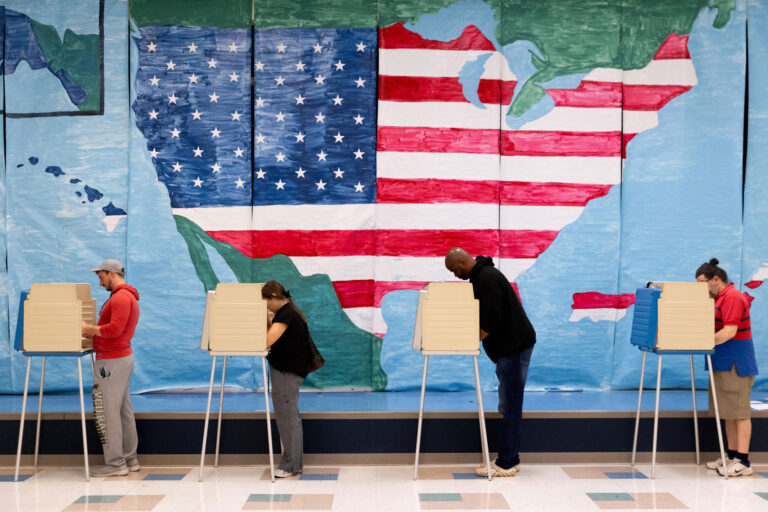Imagine a world where every vote counts, and every election is fair. That world is within reach, but it needs your attention.
Preserving and protecting the integrity of American elections is crucial for the future of democracy. It’s about ensuring that your voice is heard and that your vote truly matters. Why should this matter to you? Because safeguarding elections isn’t just a political issue—it’s a personal one.
It’s about having confidence that your choice, your decision, is represented accurately. Dive into this article to discover how election integrity impacts you directly and what steps are being taken to secure it. By the end, you’ll know exactly why your role is vital in maintaining the fairness of the democratic process and how you can make a difference.
Election Security Measures
Strong cybersecurity protocols help keep elections safe. Experts monitor online threats daily. They protect voting systems from hackers. Firewalls and encryption are used. This keeps data secure. Regular updates fix security holes. Training helps workers spot phishing scams. Good habits prevent cyber attacks. These steps ensure fair elections.
Ballots must be kept safe. Locks and seals protect them. Only trusted people can handle ballots. Cameras watch areas where ballots are stored. This stops tampering. Counted ballots are double-checked. This ensures every vote is counted right. These techniques help maintain trust in elections.
Voter registration needs protection too. Systems check for fake entries. This stops fraud. Personal information is kept private. Strong passwords protect databases. Regular audits find and fix problems. This ensures only real voters can vote. These safeguards keep voter lists accurate.
Combating Disinformation
Social media is a big part of our world. It spreads news fast. But not all news is true. False news can hurt elections. Platforms like Facebook and Twitter work hard. They remove fake news and accounts. It’s important to check stories before sharing them. This helps keep elections honest.
Fact-checking helps us know the truth. Fact-checkers read news and check facts. They tell us what is true or false. Websites like Snopes and FactCheck.org do this. They help us learn what is right. This keeps our elections safe and fair.
Public awareness campaigns teach people about false news. They show how to spot fake news. Schools and groups tell people to think critically. They urge voters to question what they see online. Learning this helps protect elections. It makes sure the right information is shared.
Enhancing Voter Access
Voting Accessibility Improvements help more people vote. Some need ramps or elevators. Others need help reading or writing. These changes make voting easy for all. Everyone deserves a chance to vote.
Early Voting Opportunities allow people to vote before election day. This helps those with busy schedules. It reduces long lines on election day. More people can vote at their own time.
Mail-In Ballots Expansion lets voters send their votes by mail. It’s good for people far from polling places. It also helps those who can’t leave home. Mail-in voting is safe and secure. It increases voter turnout.
Credit: www.beaconjournal.com
Strengthening Election Infrastructure
Old voting machines can cause problems. They might break or not work well. Upgrading to new machines is important. New machines are faster and safer. They help count votes better. This keeps elections fair and honest.
Election offices need money to do their jobs. They use funds to buy equipment. Funds help hire more workers. More workers mean better service. Good funding makes elections smooth and easy. Voters can trust the system more.
Election workers need training. Training helps them know what to do. They learn how to use machines. They also learn how to help voters. Well-trained workers make elections run better. This keeps voting safe and fair. Training is very important.
Legal Frameworks And Regulations
Election laws help keep voting fair. They set rules for voting. These laws make sure every vote counts. Policies guide how elections run smoothly. They protect voter rights. Everyone can vote safely.
Officials watch elections closely. They look for any problems. Strong monitoring keeps votes safe. Enforcement teams act if rules break. They check to see if cheating happens. Their job is to protect the election process.
Voter fraud is a serious claim. It means someone cheated in voting. Experts check fraud claims carefully. They investigate any signs of cheating. Reports help find the truth. They work to ensure fair elections.

Credit: www.cbcfinc.org
Role Of Civic Engagement
People in a community come together to vote. This is called community participation. Voting helps choose leaders who listen to the people. Everyone can share their ideas and thoughts. This makes the community strong. A strong community makes better choices. Voting helps protect the elections.
Grassroots movements are groups of regular people. They work together to make change. These movements talk about important issues. They help others understand why voting is important. With many voices, they make a big impact. Grassroots movements support fair elections. They keep leaders accountable.
Teaching kids about voting is important. They learn why it matters. Kids can ask questions and get answers. Schools help by teaching about elections. Parents and teachers explain how to vote. This helps kids grow into informed voters. Educated voters protect election integrity.

Credit: securefamiliesinitiative.org
Frequently Asked Questions
How Are American Elections Protected?
American elections are protected through multiple layers of security. These include cybersecurity measures, voter registration systems, and paper ballot backups. These systems ensure the integrity of the voting process. Regular audits and checks are conducted to verify results, maintaining transparency and trust.
What Measures Ensure Election Transparency?
Transparency in elections is ensured through public access to voting procedures. Observers can witness the counting process. Detailed reports on election outcomes are published. Regular audits verify the accuracy of results. These measures build public confidence in the electoral process.
Why Is Voter Registration Important?
Voter registration is crucial for maintaining election integrity. It ensures that only eligible citizens vote. Accurate registration prevents fraud and duplication. It helps in efficient election planning. Voter registration systems are regularly updated to reflect demographic changes, enhancing trust in election outcomes.
How Does Technology Impact Election Security?
Technology impacts election security by providing advanced tools for safeguarding the voting process. It offers secure platforms for voter registration and counting. Cybersecurity measures protect election data from breaches. Technology also enables efficient communication of results, enhancing transparency and reliability.
Conclusion
Ensuring election integrity remains vital for democracy. Voters deserve confidence in their system. Trust strengthens participation and civic duty. Safeguarding elections requires vigilance and transparency. Technology must aid, not hinder, security. People should demand accountability from leaders. Everyone plays a role in protecting democracy.
Education on voting processes empowers citizens. Awareness helps prevent misinformation and fraud. Let’s work together for fair elections. Every vote counts. Every voice matters. Protecting elections preserves freedom and rights. America thrives when elections remain secure. Let’s keep democracy strong and resilient.
Change starts with informed citizens.
